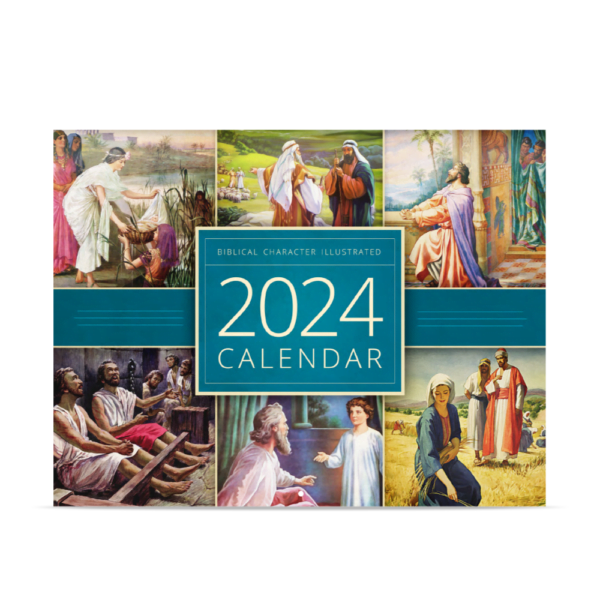
Persuasiveness
Key Verse
The operational definition of persuasiveness is “guiding vital truths around another’s mental roadblocks.” Vital truths are those facts of life that we all need to know for our good. Sometimes, however, people can have false, deep-rooted ideas that keep them from accepting or acting on those important truths. Such ideas are called “mental roadblocks.” Ignorance, fear, misunderstandings, and false beliefs can keep a person from seeing clearly what is true and right. To guide others around these obstacles, you must first understand the truth for yourself, identify the specific barrier, and discern how best to talk with them. Sometimes rewording the truth in a simpler way is helpful. Other times more explanation, wise questions, or examples are needed. You can also point out either the good results of right actions or the consequences of wrong actions. Agree where you can, maybe saying, “That seems to make sense, doesn’t it?” before speaking the truth. Be sensitive to the Holy Spirit as you lovingly guide others toward Godly conclusions.
The opposite of persuasiveness is contentiousness. A contentious person is quick to argue in his attempt to persuade. He insists on debate, sometimes even elevating his opinions over the very truth he is trying to prove! Contention turns people away instead of drawing them to the truth. Proverbs 13:10 states that contention only comes by pride. In contrast, Galatians 5:22 says that walking in the Spirit brings the pleasant fruit of love, joy, peace, longsuffering, and gentleness. Instead of trying to force the truth on people, “salt the oats” by making others curious about what you have to say. “Let your speech be always with grace, seasoned with salt, that ye may know how ye ought to answer every man” (Colossians 4:6). As you learn to reason graciously with people, they will more readily accept the truth you share with them.
Evaluation Questions
- Am I able to influence my Christian friends to join me in helping those who are in need?
- Do I present clear, accurate facts, or do I exaggerate the truth to make my case seem more convincing?
- Do I communicate that I care more about the other person than about my own opinion?
- As I apply God’s principles, do I keep a written record of His work in my life so I am prepared to give testimony when opportunities come?
- Have I learned how to appeal to the conscience?
- Do I caution those who misuse Scripture to justify their wrong activities?
- Do I encourage others to do right by praising the positive qualities I see in them?
- Do I know how to persuade others toward trusting Christ as their Savior?
- Am I sensitive to right timing in sharing my perspective with others?
More About Persuasiveness


God enables me to:
Prepare for the message.
Present the evidence.
Illustrate my point.
Not bend the truth.
Point others in the right direction.
Motivate to action.
Make application.
Appeal to a person’s conscience.
Wait for the best time.
Not argue.
Persuasiveness in Scripture
Philip Guides a Traveler to Jesus

Revealed in Nature
Peacock

For Kids
Biblical Character Illustrated Curriculum
View the Persuasiveness booklet sample:
Free Resources for Persuasiveness
Enjoy these selections from the Biblical Character Illustrated Curriculum that are fun and memorable!














